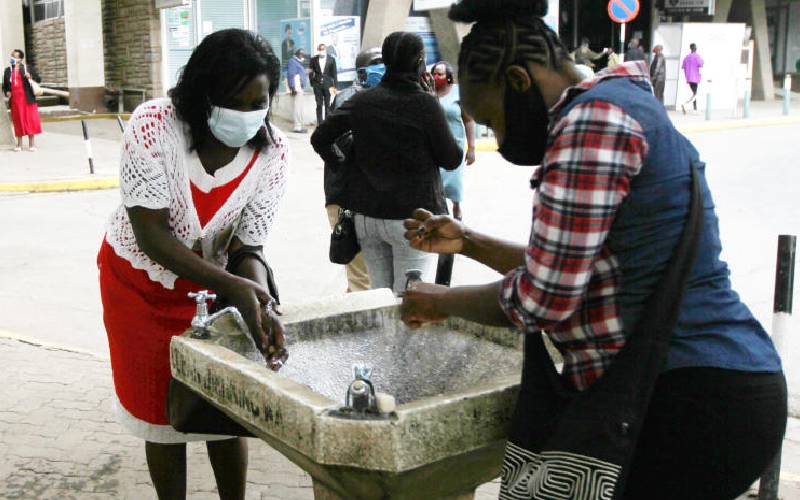×
The Standard e-Paper
Fearless, Trusted News

Despite the surging numbers, government officials remain upbeat that wide-ranging measures against the Covid-19 pandemic are paying off.
And as more resources continue to be devoted to the fight, a lot is still at stake, with key sectors of the economy taking a hit and healthcare facing unprecedented strain.